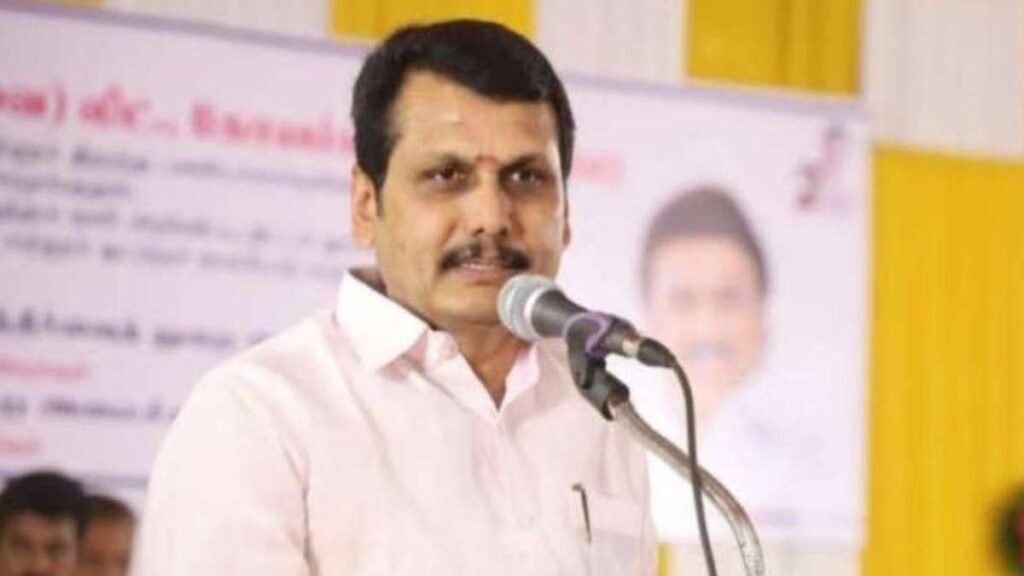In a recent development, the Supreme Court of India has dismissed a plea seeking the removal of Tamil Nadu Minister V Senthil Balaji from the State Cabinet. The plea was based on his implication in a money laundering case, adding a layer of complexity to the ongoing legal proceedings. The apex court, represented by a bench of Justices Abhay S Oka and Ujjal Bhuyan, orally emphasized the constitutional nuances involved in such matters.
The bench underscored a critical aspect of the legal process, stating that a Governor cannot unilaterally dismiss a Minister without the recommendation of the Chief Minister. This observation sheds light on the delicate balance of power and procedures embedded in the democratic structure of governance.
The Supreme Court’s decision aligns with the judgment previously rendered by the Madras High Court, which had rejected the plea aiming to oust the Dravida Munnetra Kazhagam (DMK) minister from the State Cabinet. The refusal to interfere with the High Court’s decision signifies a respect for the lower court’s findings and a recognition of the due legal processes that have transpired.
About Supreme Court:
This case raises crucial questions about the separation of powers and the presumption of innocence until proven guilty. The Minister’s implication in a money laundering case undoubtedly adds a layer of scrutiny to his position, but the legal system emphasizes the need for a fair trial and established procedures to determine guilt or innocence.
Beyond the legal intricacies, the dismissal of the plea holds significant political implications. In a state known for its dynamic political landscape, the fate of a sitting minister becomes a matter of public interest and debate. The decision by the apex court refrains from intervening in political matters, allowing the democratic processes to play out.
The Supreme Court’s dismissal of the plea seeking the removal of Tamil Nadu Minister V Senthil Balaji underscores the importance of adhering to constitutional protocols and legal procedures. As the case continues to unfold, it will undoubtedly be closely watched for its impact on both the legal and political spheres, shaping the narrative around governance and accountability in the state.
